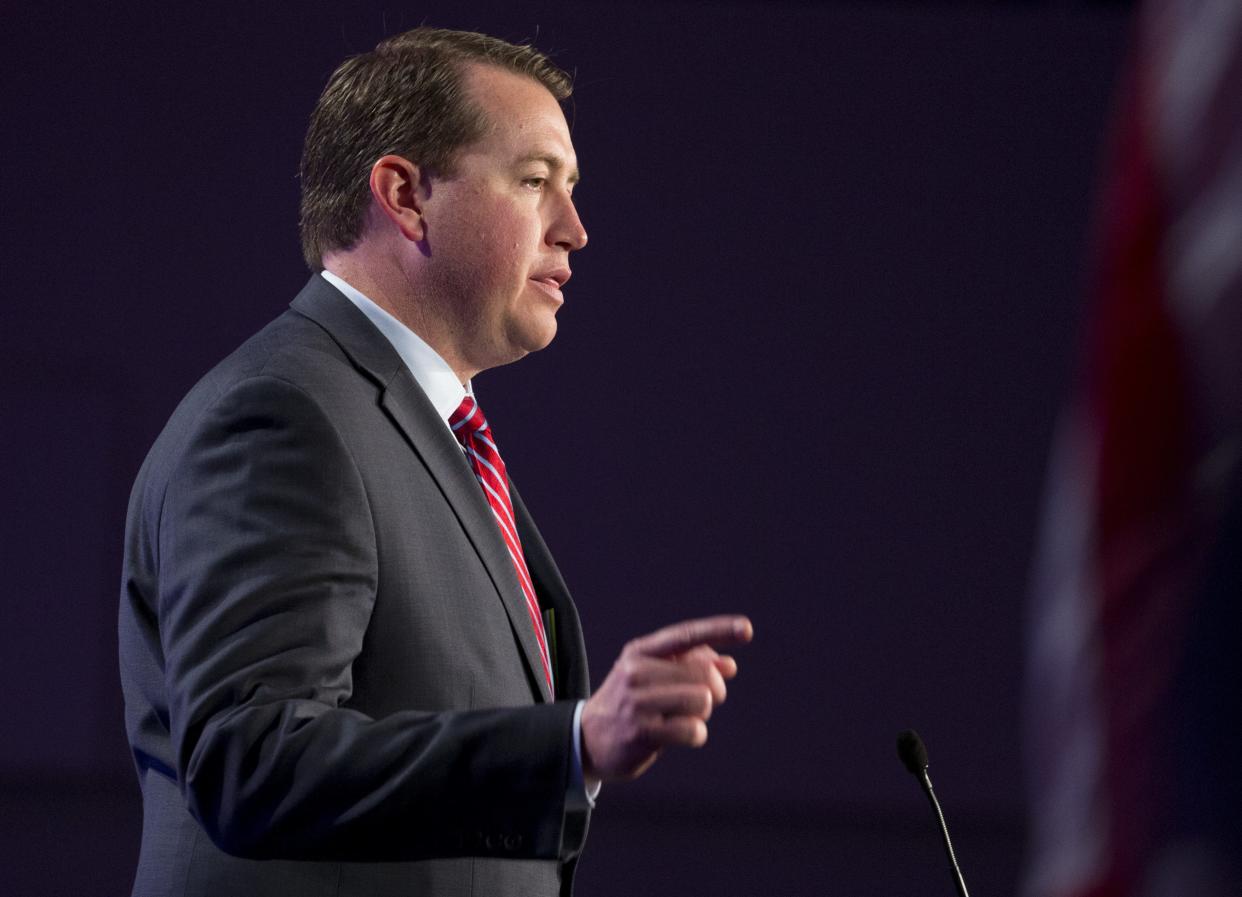Can you record conversations in Arizona? It depends. Here's what the law says

Many people have heard the prerecorded message when they call a pharmacy, corporation or help line.
"This call may be recorded for quality assurance purposes."
Whether one's conversation about their prescription or malfunctioning laptop is ever played back at a quality assurance team meeting is anyone's guess, it's clear that companies are inclined to inform callers that their conversation could be archived in some way. But are regular Arizonans beholden to the same requirements?
David Bodney, a First Amendment attorney at Ballard Spahr who represents many Arizona media organizations including The Arizona Republic, explains what the law says about recording conversations whether they are in-person or over the phone.
Can I record a phone call in Arizona without telling the other party?
Arizona is considered a “one-party consent state,” meaning a call within the state can be recorded if one person involved in the conversation is aware of the recording. Consequently, a person cannot record nor tap into a conversation that doesn’t involve them unless they are a law-enforcement officer who has obtained a proper warrant.
'Betrayal': Arizona GOP Chair Jeff DeWit resigns after recording of 'offer' to Kari Lake
Can I record without telling the other party if it involves someone in a different state?
This is where things become a little dubious from a legal standpoint. Bodney said there are arguments to be made from both sides on which jurisdiction — the caller’s or the recipient’s — takes priority.
For example, California is a “two-party consent” state, meaning all parties on the call must consent to a call being recorded. Recording the call anyway is a misdemeanor and could open them to civil litigation.
To avoid a potential legal battle, Bodney recommended asking permission to record interstate calls in most circumstances.
How do I record a call?
There are various smartphone apps available capable of recording phone conversations. Such apps include Call Recorder, TapeACall and Google Voice. That said, some applications automatically inform the recipient that the call is being recorded.
Another method involves using an audio recorder and a “telephone microphone” earbud to record a call while holding the phone to one’s ear. If someone is alone in a private area, they can put the call on speaker and record using an app such as Voice Recorder on Windows.
Is it legal to publish the recording without the other party’s permission?
This can depend on the states or countries involved in the call. Bodney said if it’s an interstate conversation, there could be legal exposure under federal law.
He said one could potentially pursue a claim of false light invasion of privacy — especially if a released recording was discovered to be edited in such a way that distorts how a conversation actually happened.
Bodney added that a First Amendment argument can be made for a journalist to publish and disseminate a conversation involving a matter of public concern that was illegally recorded so long as the journalist didn’t encourage or assist in the recording.
This could include conversations involving people considered public officials, such as government employees, who are discussing matters that affect the people they govern.
This article originally appeared on Arizona Republic: Is it legal to record conversations in Arizona? What the law says

